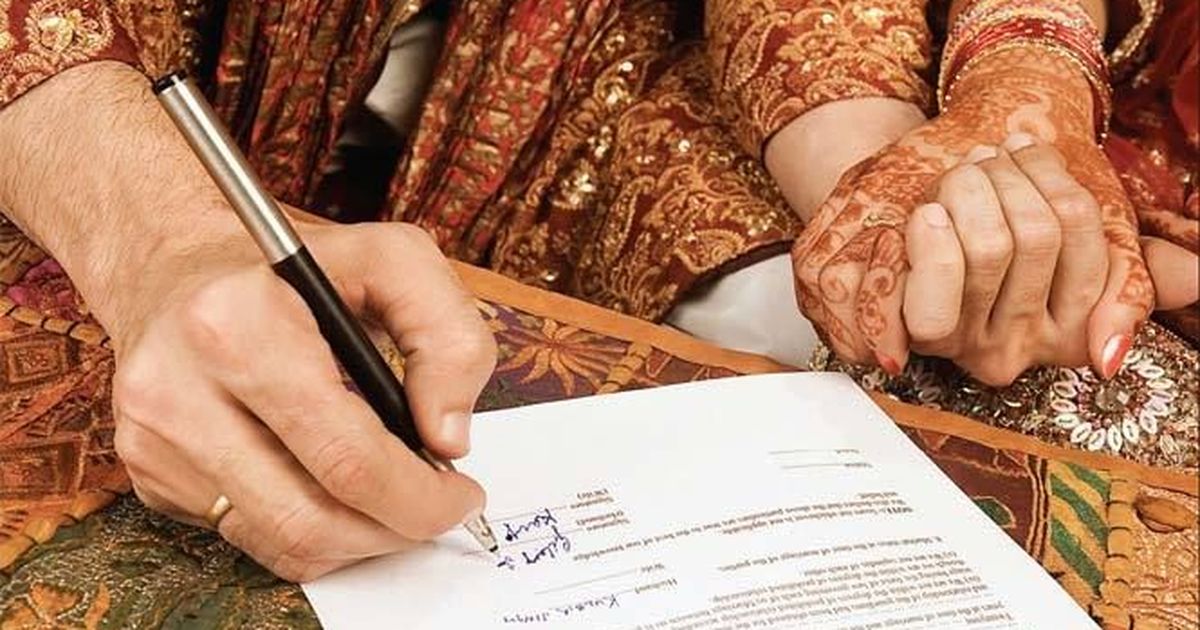Marriage is one of the most important milestones in life. In India, it is celebrated with traditions, rituals, and joy. But once the ceremonies are over, there’s an equally important step that many couples forget or delay—registering the marriage. Marriage registration is not just a formality; it is a legal necessity that safeguards the rights of both spouses and gives your relationship official recognition.
Why is Marriage Registration Important?
A registered marriage holds legal value. In case of any future disputes, inheritance matters, immigration processes, or applying for documents like a passport, a marriage certificate is considered valid proof of marital status. Without it, couples might face unnecessary complications in legal or official matters.
Additionally, it provides legal protection to women and children in case of separation, domestic issues, or claims on property.
Laws Governing Marriage Registration in India
There are primarily two acts under which marriages are registered in India:
- The Hindu Marriage Act, 1955 – Applicable to Hindus, Sikhs, Jains, and Buddhists.
- The Special Marriage Act, 1954 – Applicable to inter-religious or inter-caste marriages, and those who don’t want religious ceremonies.
Under the Hindu Marriage Act, marriages are registered after the ceremony, while under the Special Marriage Act, marriage registration is part of the marriage process, and includes a 30-day notice period.
Documents Required
Although the exact list may vary from one state to another, here are the commonly required documents:
- Aadhaar cards of both bride and groom
- Date of birth proof (10th mark sheet, passport, birth certificate)
- Passport-size photographs
- Marriage photograph (with garlands or at the mandap)
- Marriage invitation card (optional)
- Aadhaar cards of two witnesses
- Affidavit stating place and date of marriage, marital status, and nationality
- If married in a temple or other religious place, a certificate from the priest or officiant
How to Register a Marriage?
Offline Process:
- Visit the office of the Marriage Registrar in the area where either partner resides.
- Fill out the marriage registration form.
- Submit all required documents along with photographs.
- Appear in person along with witnesses on the appointment date.
- After verification, the marriage certificate is issued—on the same day under Hindu Marriage Act or after 30 days under the Special Marriage Act.
Online Process:
- Visit your state’s official marriage registration portal.
- Fill out the form and upload scanned documents.
- Select a date for appointment and visit the registrar’s office with original documents.
Getting your marriage registered might not feel as exciting as the wedding itself, but it is essential. It gives legal status to your relationship and offers protection in the eyes of the law. With most states now allowing online registration, the process has become easier and faster. So, once the celebrations are over, don’t forget to take this important legal step—it’s a small effort for long-term peace of mind.






